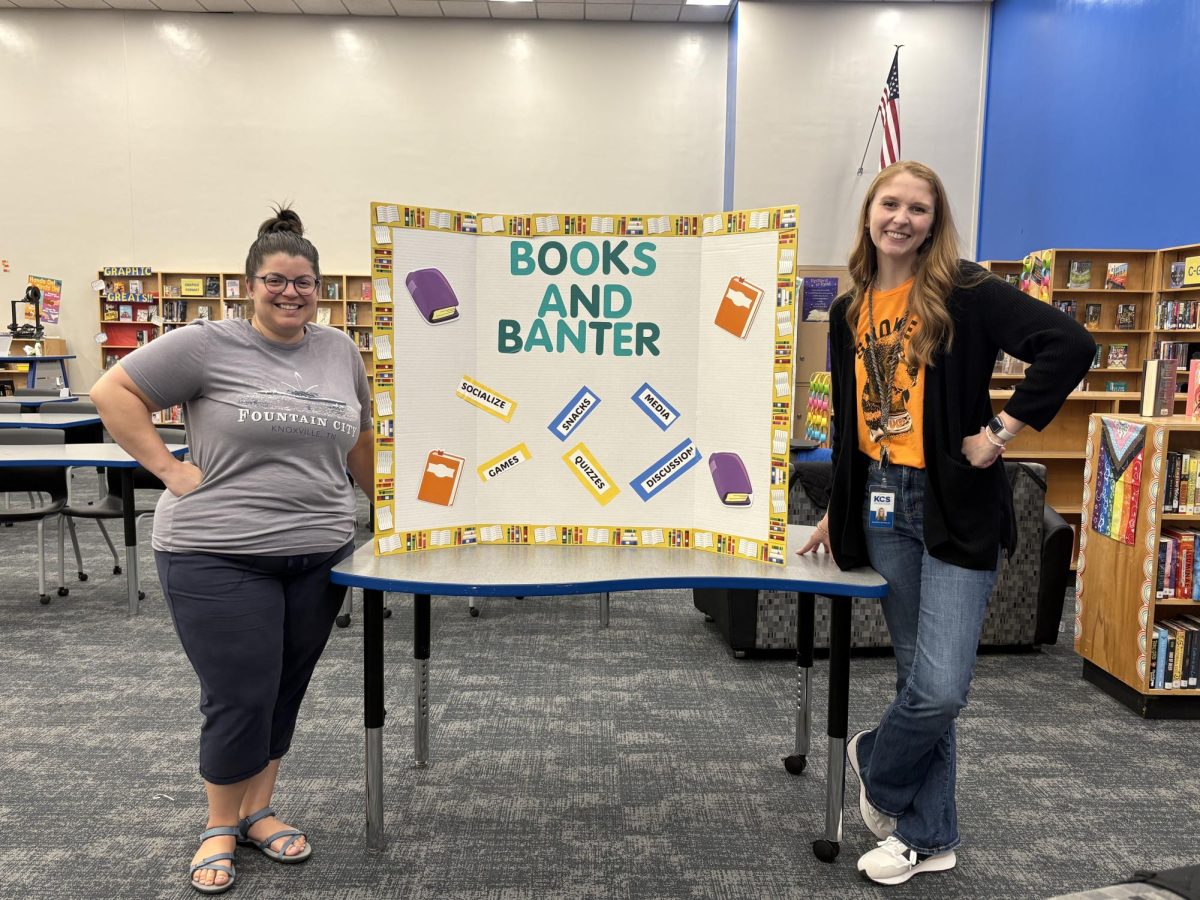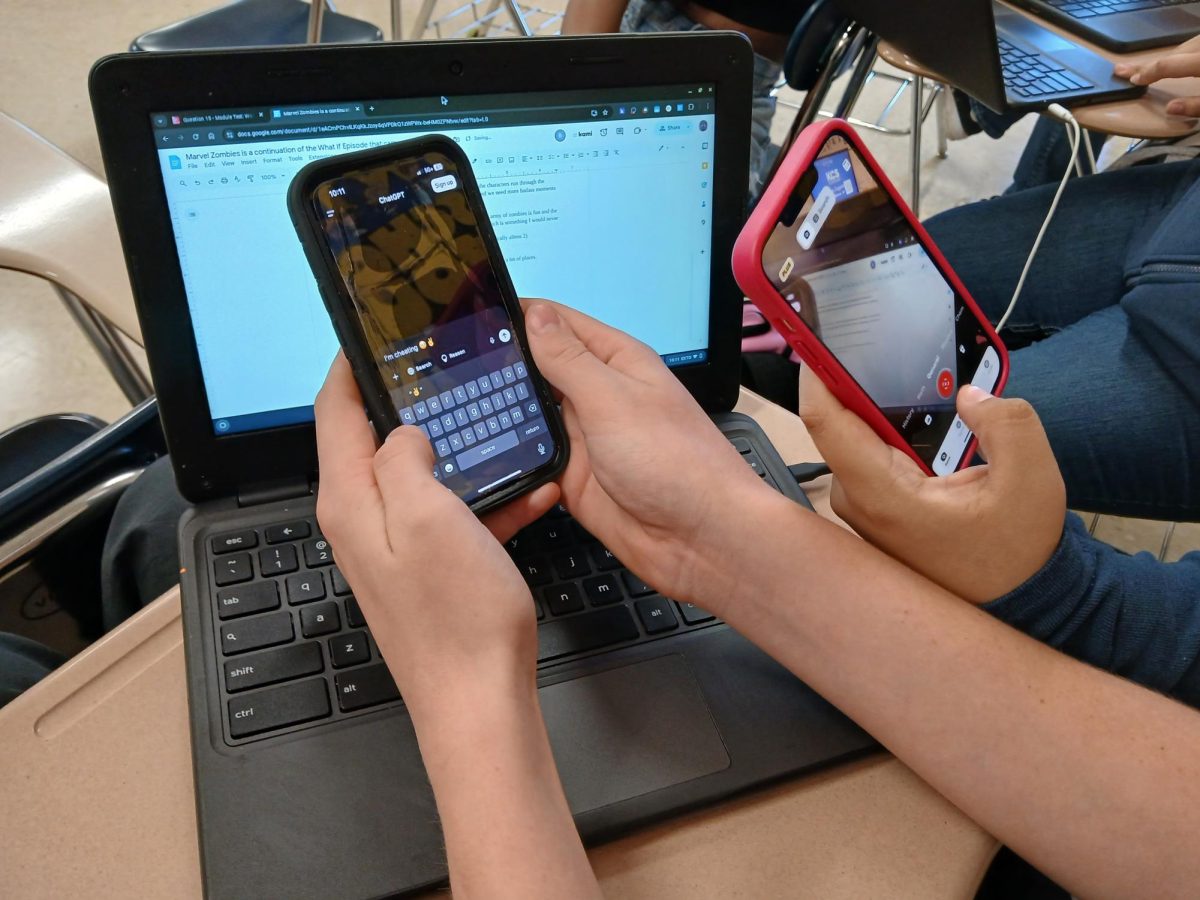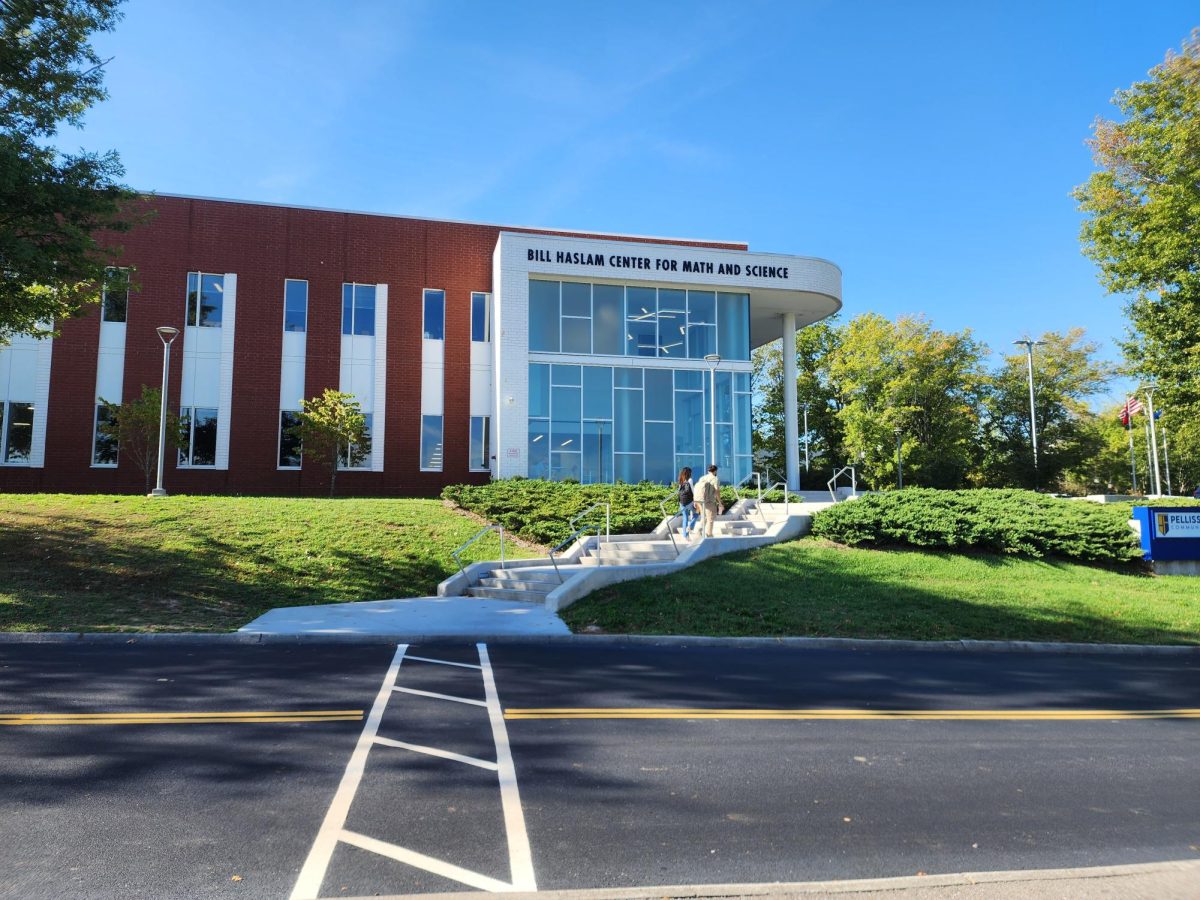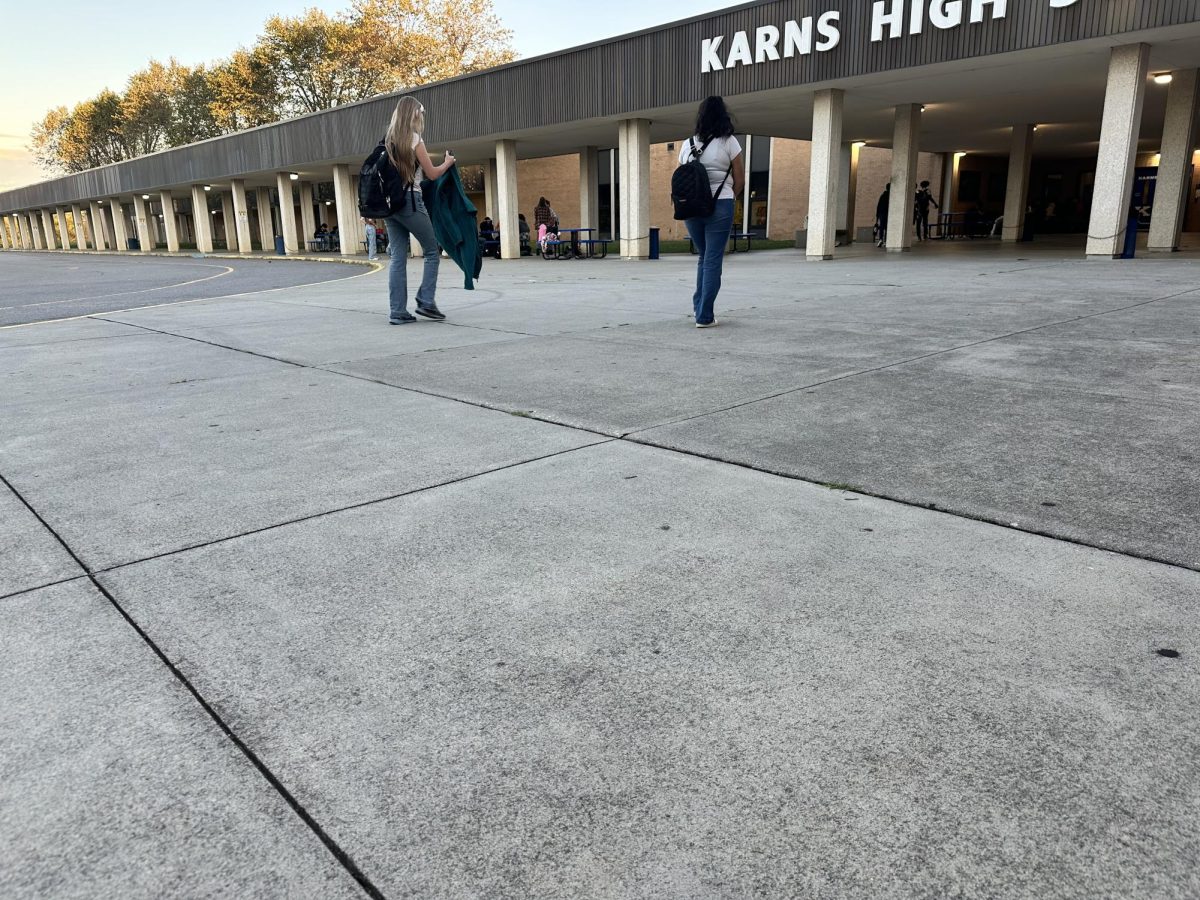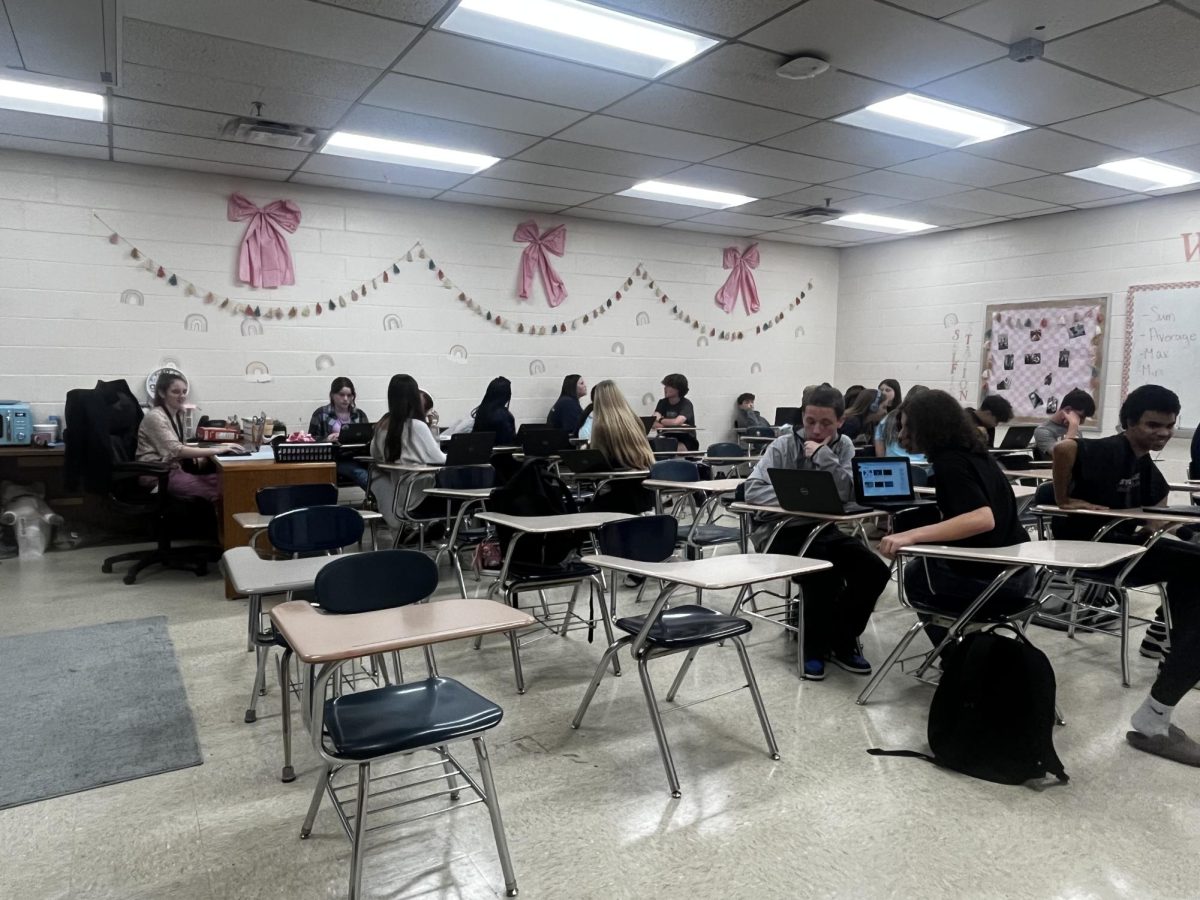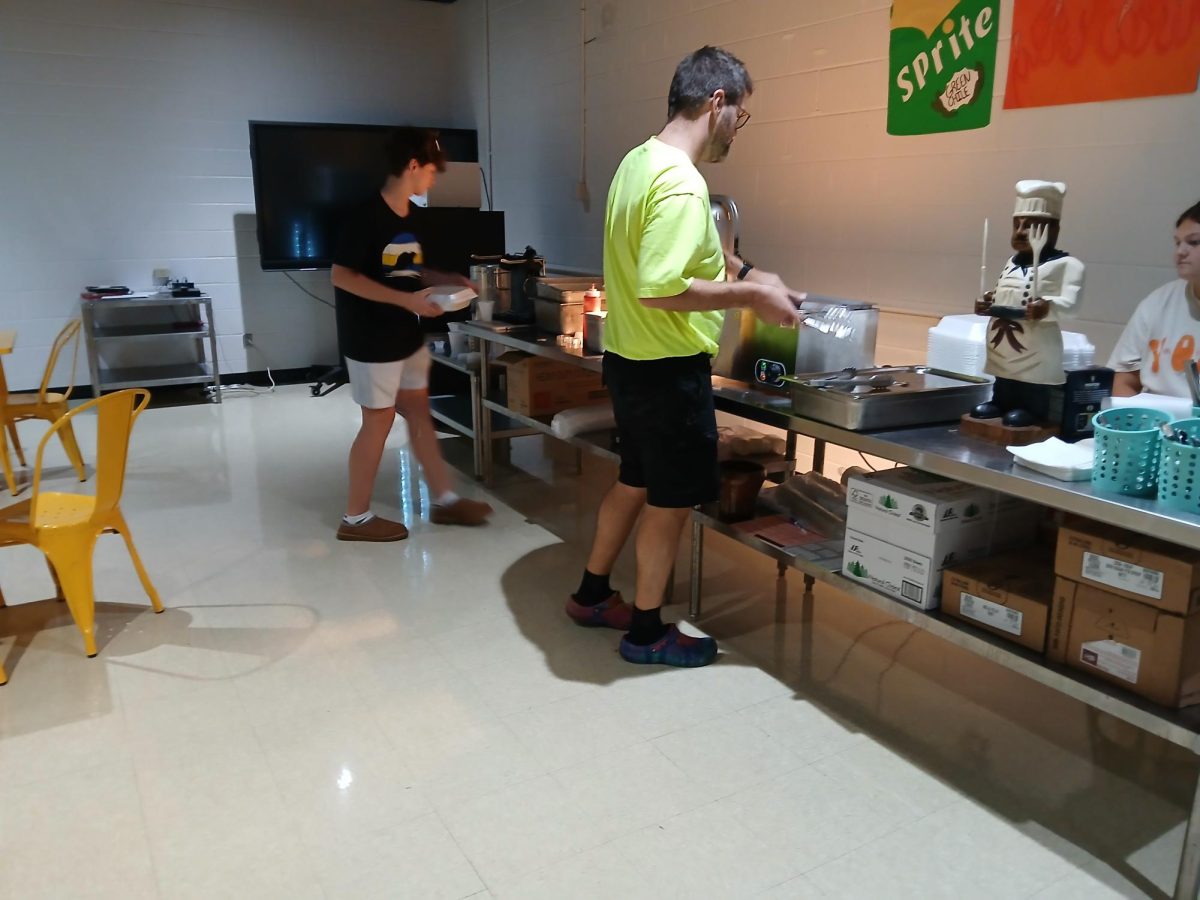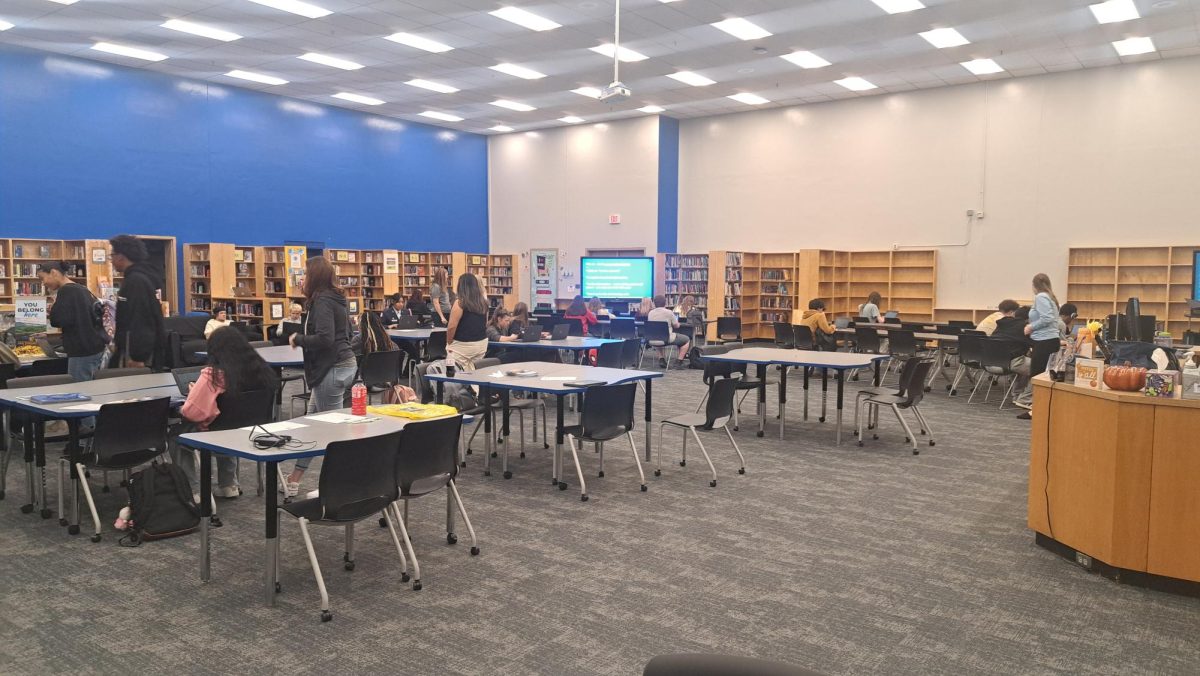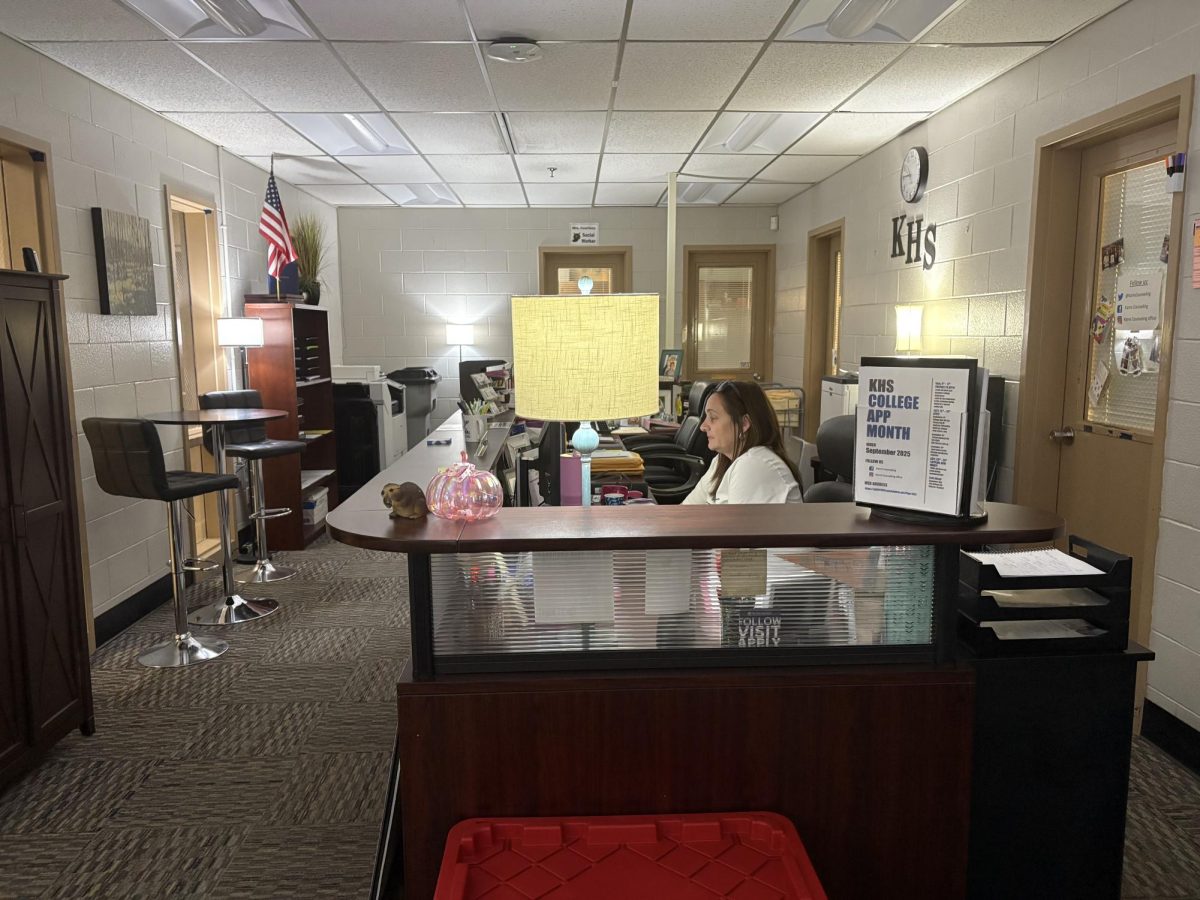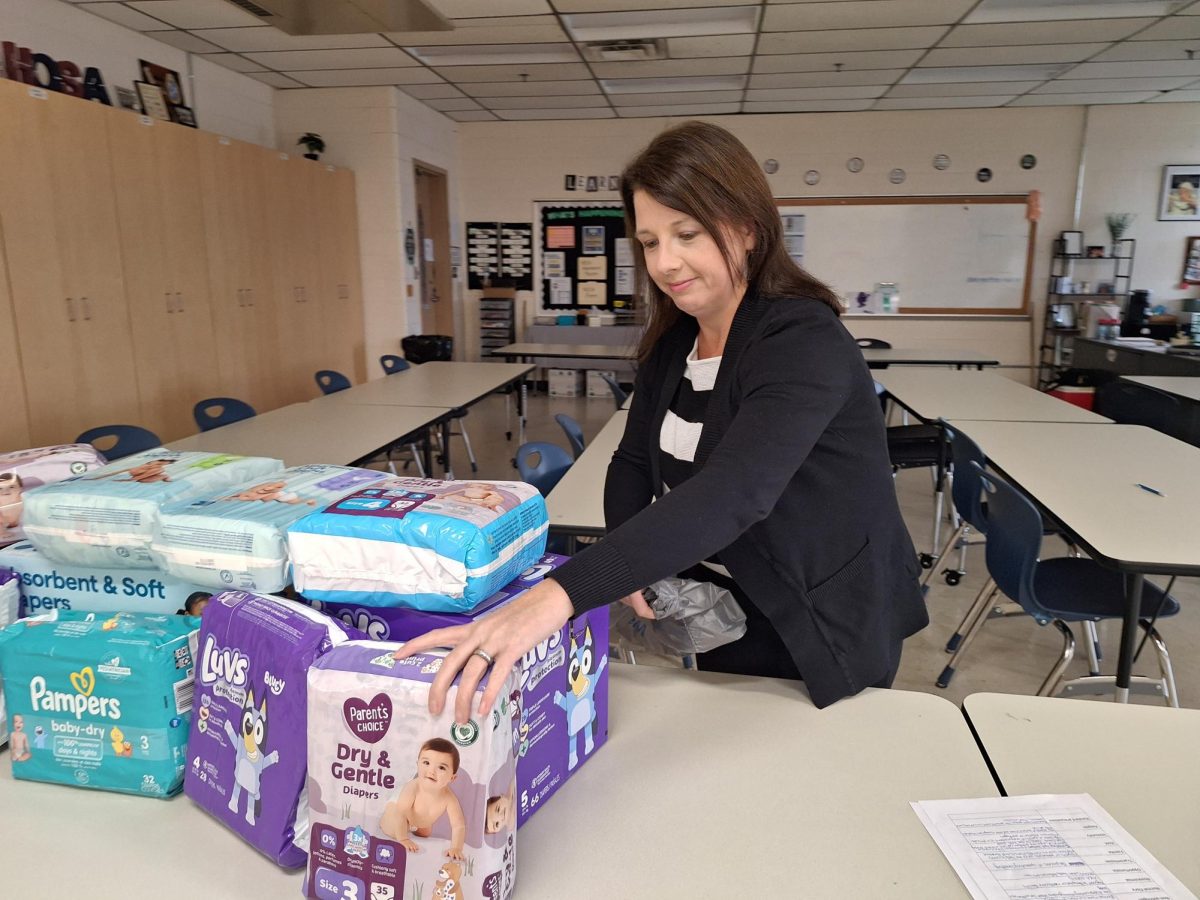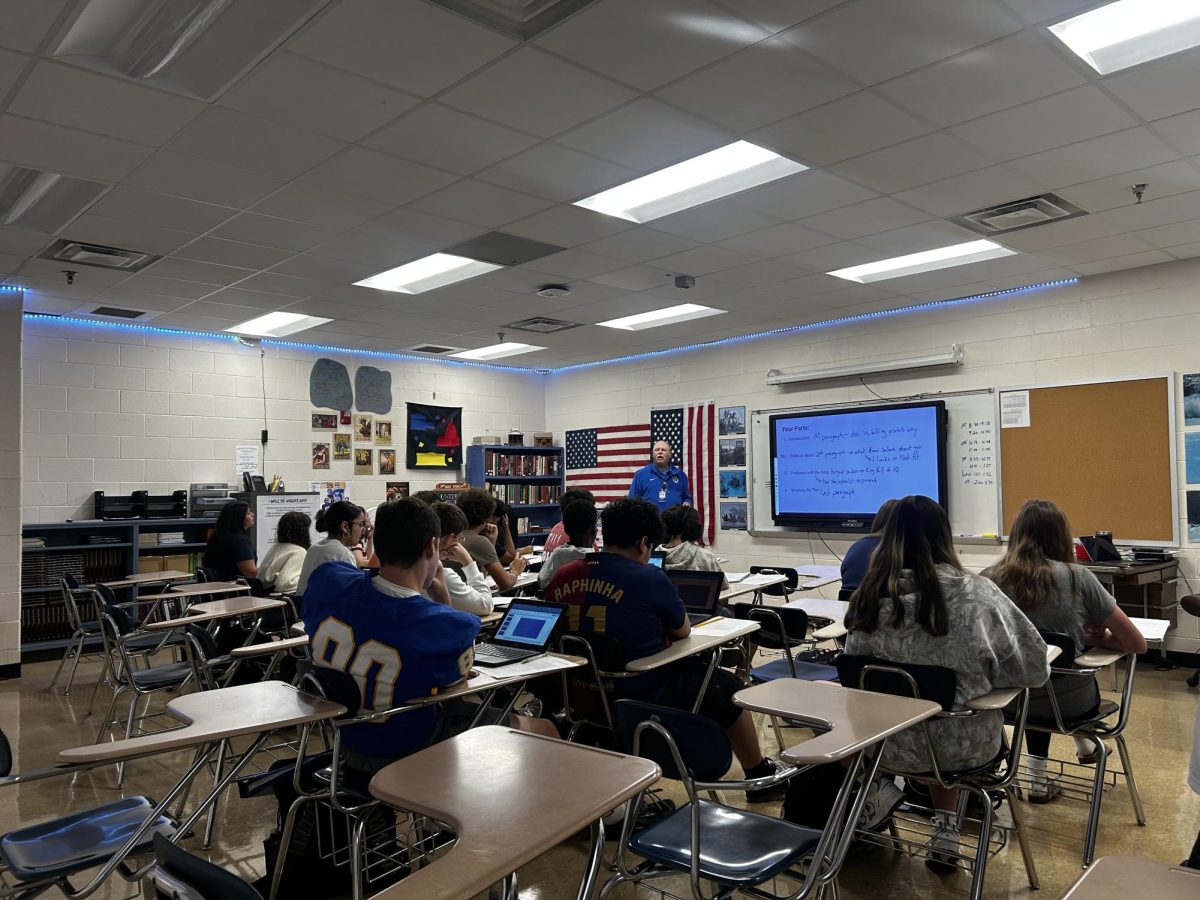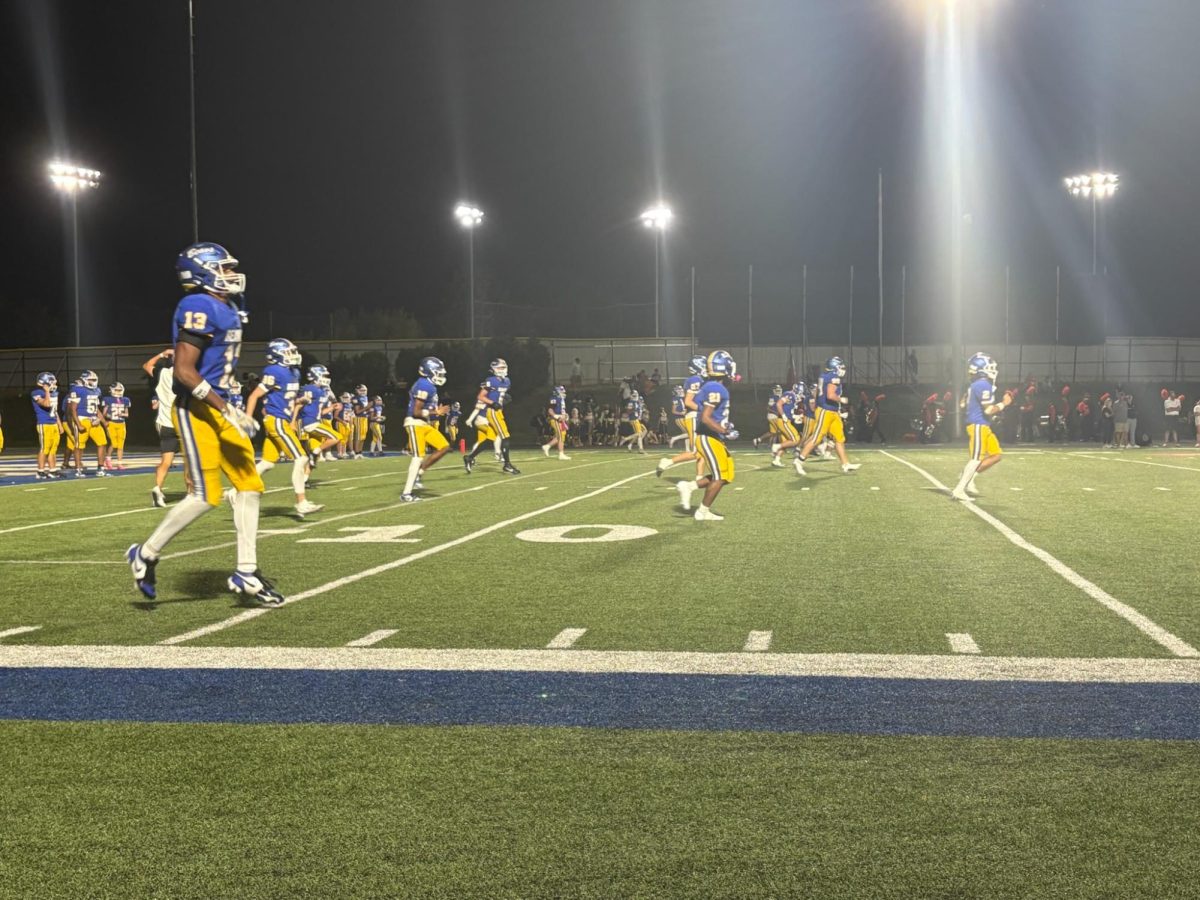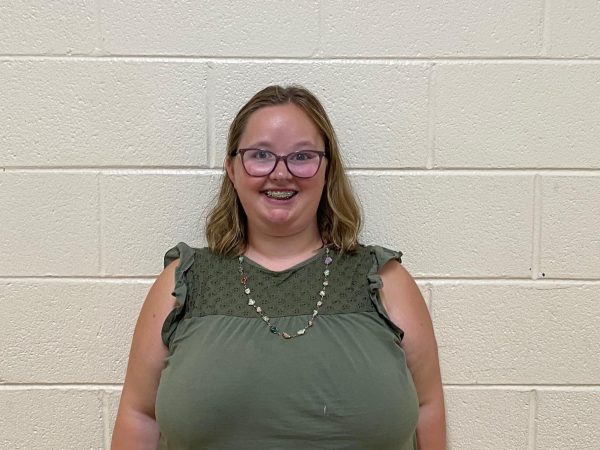At the end of April and the beginning of May this semester, Karns High School students are taking many tests. Even just the word “testing” can evoke a range of emotions in students, from nervous anticipation to outright dread. Students agree that testing is not fun and boring. Students share their thoughts on the various assessments they face and how they navigate this crucial part of their education.
“It feels like we’re always being tested on something. This year alone, I’ve had regular quizzes in almost every subject, bigger unit tests, essays, projects that are graded, and then those standardized tests that everyone takes,” Miah Manfredo said.
Navigating this world of assessments requires students to develop various preparation strategies. The assessments include quick quizzes, AP exams, and high-stakes standardized tests. This necessitates that students cultivate a diverse repertoire of effective preparation strategies. Ultimately, a student’s ability to confidently navigate the world of assessments hinges on their willingness to develop and consistently utilize various preparation strategies that foster deep understanding and retention of knowledge.
“For big tests, I usually try to start studying a few days in advance. I’ll review my notes, make flashcards, and sometimes study with friends so we can quiz each other. Getting a good night’s sleep before a test makes a huge difference too.” Kyndahl Rominger said
A key question is whether students feel that these assessments accurately reflect their learning and understanding. This consideration is particularly important given the variety of assessment methods employed, from traditional exams to projects and presentations. Ideally, assessments should serve as meaningful tools to gauge student progress and identify areas for growth. However, if students perceive them as simply hurdles to overcome rather than genuine measures of their knowledge, the fundamental purpose of assessment is compromised.
“I think some tests are better than others. Multiple-choice tests can sometimes feel like you’re just guessing, and they don’t really show if you can explain something in your own words. But when we have to write an essay or do a project, I feel like that gives me a better chance to show what I’ve really learned,” Ella Swafford said.
Finally, when asked if they could change one thing about testing in schools, one student offered a thoughtful suggestion. Her responses highlight common concerns about the current emphasis and impact of testing. Her ideas provide concrete examples of student perspectives on how assessments could be improved. Plus, her comment points toward a yearning for assessments that prioritize deeper learning.
“I wish there was less emphasis on just memorizing facts for a test and more on understanding the bigger picture and how things connect. Sometimes it feels like we learn something just to pass the test and then we forget it,” Dreama Ottinger Lusk said.
These conversations offer a glimpse into the world of school testing through the world of school testing through the eyes of students themselves. Their experiences highlight the variety of assessments they face, the strategies they employ, and their perspectives on how accurately these tests reflect their learning. As educators continue to evaluate and refine assessment methods, understanding the student viewpoint is crucial for creating a more meaningful and effective learning experience. Overall, the students all share their perspectives about assessments, both negative and positive.




